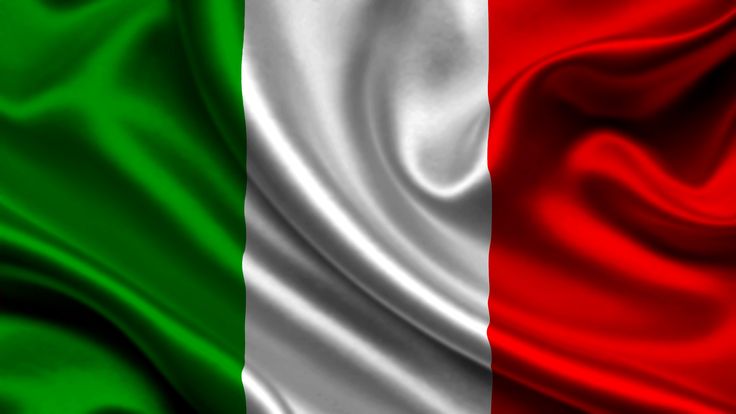On September 17, 2025, Italy became the first European country to pass a comprehensive artificial intelligence law, marking a watershed moment in the global debate over how to regulate AI. Known as Bill No. 1146, the legislation balances strict controls on harmful AI use with a massive €1 billion investment into ethical innovation, signaling Italy’s intent to lead in both regulation and development.
The law focuses on three critical areas. First, it criminalizes harmful deepfakes, particularly those used for defamation, fraud, or political manipulation. Anyone caught creating or distributing malicious deepfakes now faces up to 5 years in prison. Second, it restricts AI access for children under 14, requiring parental consent and government certification for educational tools. Third, it bans unverified AI use in sensitive sectors: doctors, judges, and teachers cannot rely solely on AI without human validation.
Unlike purely restrictive measures, Italy paired this with funding to establish AI and cybersecurity research hubs, support ethical AI startups, and train public officials in responsible AI use. The approach mirrors the GDPR model: strong legal protections combined with a framework that influences international standards. Already, comparisons are being drawn to the EU’s AI Act (2024), the U.S.’s TAKE IT DOWN Act (2025) targeting non-consensual deepfake pornography, and China’s 2023 watermarking rules for AI-generated content.
Critics, however, warn of challenges. Enforcement may be difficult as deepfakes spread on decentralized apps. Startups worry compliance costs could slow innovation. But supporters argue the risks of unregulated AI, political manipulation, child exploitation, and health misdiagnoses far outweigh the drawbacks.
Italy’s law could reshape the global conversation on AI, much as GDPR transformed data privacy. If history repeats, companies worldwide may soon need to comply with Italy’s standards, even beyond Europe’s borders.
The message is clear: the era of AI without rules is ending. Italy has drawn the line between innovation and accountability, and the world is watching.

